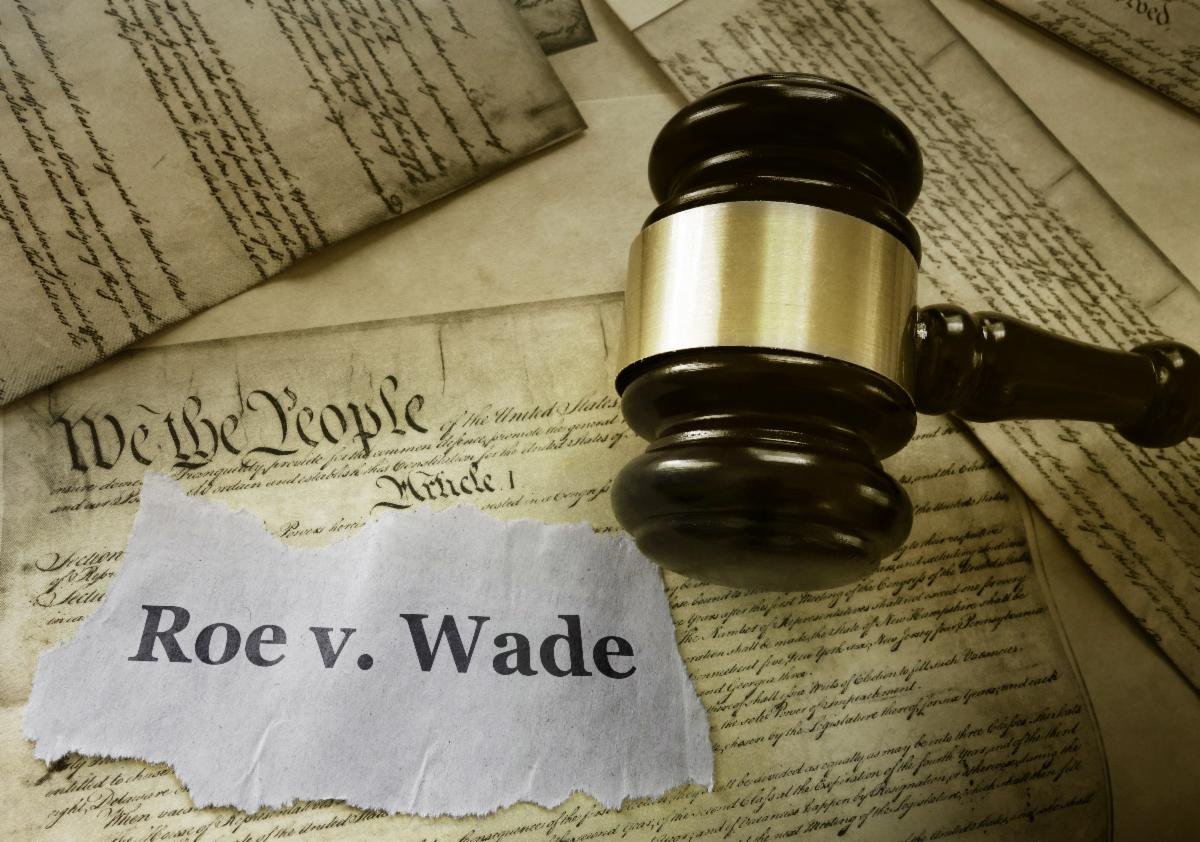The Road Ahead Post-Roe
How does the Dobbs Decision Impact Ruth Harbor?
In 1954, the U.S. Supreme Court handed down the landmark decision Brown v. the Board of Education of Topeka. In this decision, the court overturned Plessy v. Ferguson (1896), a 50-year-old decision that declared racial segregation laws constitutional and established the “separate but equal” legal doctrine that would govern the American South for the next half-century. (It was settled law.)
Legal scholars and historians view Plessy v. Ferguson as one of the worst court decisions, second only to the Dred Scott v. Sandford (1857) decision. Add to this list of bad court decisions the Roe v. Wade decision. In writing for the majority in Dobbs v. Jackson Women’s Health Organization, the recent case which overturned Roe v. Wade, Justice Samuel Alito stated,
"Roe was egregiously wrong from the start. Its reasoning was exceptionally weak, and the decision has had damaging consequences. And far from bringing about a national settlement of the abortion issue, Roe and Casey have enflamed debate and deepend division. It is time to heed the Constitution and return the issue of abortion to the people’s elected representatives."
How will the Dobbs decision impact Ruth Harbor?
While Dobbs v. Jackson is undoubtedly a legal victory for those of us who advocate strongly for the human rights of babies still in the womb, it in no way changes the mission or emphasis of Ruth Harbor. Please carefully consider the following observations:
For over 20 years, our focus as a ministry has been and continues to be the health, well-being, safety, and value of both the mother and her child. Ruth Harbor is, first and foremost, a ministry to single women who are pregnant and without the support they need to give birth to their baby and gain the necessary skills and foundation to provide for themselves and their child moving forward.
Dobbs will limit access to abortion in some states, but it in no way eliminates abortion. Dobbs is simply a legal decision, and the problem, ultimately, is a moral decision. At Ruth Harbor, we see this battle in spiritual terms where the answer is not found in new laws or overturning old laws but in the spiritual rebirth that is only possible through Jesus Christ. Our prayer is not for another legal victory but to see spiritual transformation in the lives of young mothers who need Jesus.
Culturally, Dobbs is a landmark decision and will change the landscape of American culture concerning the issue of abortion, it is only one more marker in the road ahead of us. Brown v. The Board of Education was handed down in 1954. Yes, this was a step in the right direction, but it did not end racial segregation in America. It would be another 10 years before the Civil Rights Act of 1964 was passed. It would take a generation to untangle all the segregation and Jim Crow laws throughout the American South.
As we move forward as a nation and as Christians in this new era post-Roe, we need to focus on what truly matters: being a gospel influence in the culture around us. For some, this means being a voice in our local, state, or even federal legislatures; for others, it means advocating publicly for the young women in our community who need our help and cannot advocate for themselves.
For Ruth Harbor post-Roe, we stand where we have stood from the beginning, as a safe harbor for women and their babies where we see them and value them as people made in the image of God. We advocate for them and model the love of Jesus Christ to them.
How You Can Help
As a partner of Ruth Harbor, we value your contribution, both through prayer, your service, and your financial giving. Now more than ever, we see the need for the ministry of Ruth Harbor within our community.
If you are not part of our prayer team, please consider joining us in prayer today.
If you want to bless women directly with needed items, look at our Wish List.
If you are not a monthly supporter of Ruth Harbor, consider giving financially to forward the mission of serving young women in need.

